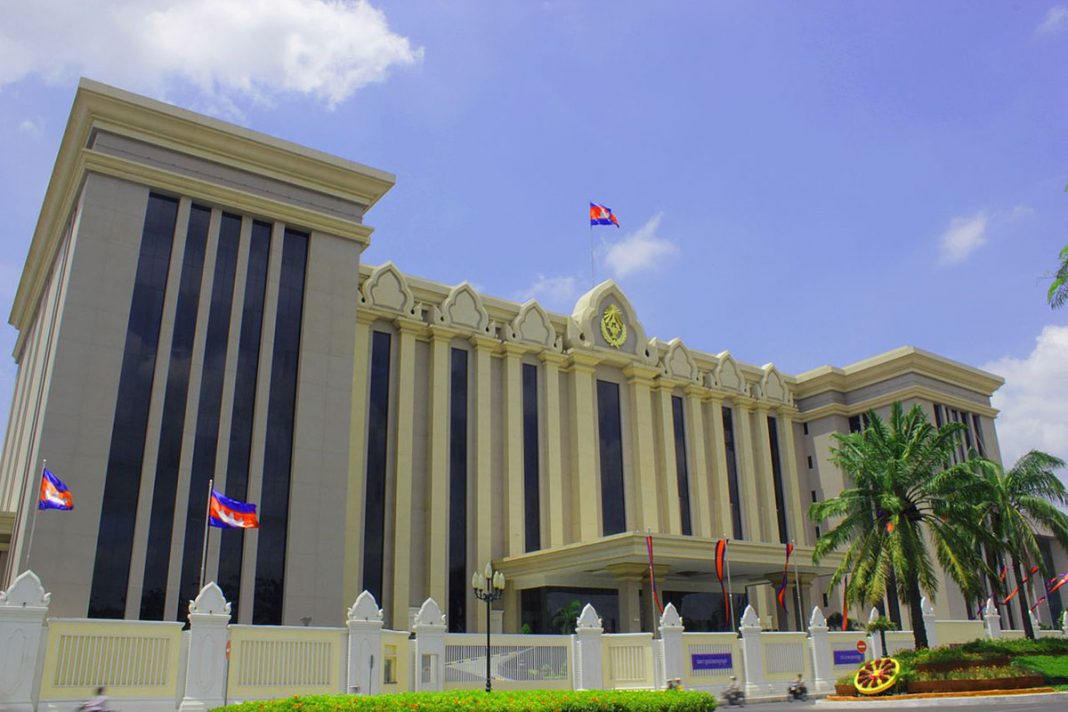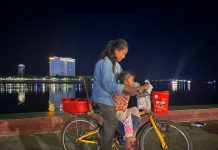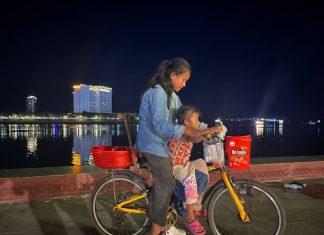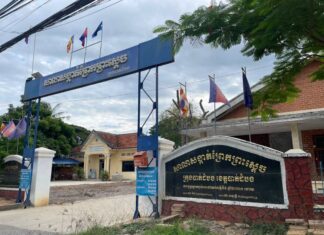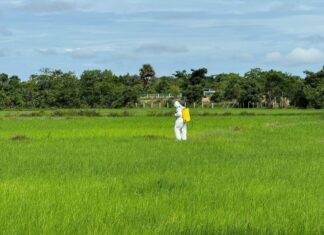The Cambodian government has rejected a new wave of criticism over its human rights record, brushing off negative assessments by the European Union, other nations and major rights organizations as “biased and baseless.”
The Cambodian Human Rights Committee, a government agency, on Wednesday issued a statement that dismissed the remarks, including grim comments about the state of democracy and freedom of expression, as unfair, politically motivated and meant to destabilize the country.
The fresh criticism unfolded this week following the 45th session of the United Nations Human Rights Council on October 1. Rona Smith, the UN Special Rapporteur on Human Rights in Cambodia, expressed concern to the council about the government’s treatment of dissent, citing the widespread arrests of activists and restrictions on free speech.
Smith told the UNHRC that 156 people linked to the political opposition had been arrested between June 2019 and June this year, with 14 still in custody.
Ralf Schröer, speaking on behalf of the E.U., called on the government of Prime Minister Hun Sen to take “immediate and concrete action” to reopen the political dialogue and ensure respect for human rights, especially for opposition members banned from politics.
“We call for the release of all detained opposition members, supporters and human right defenders,” Schröer said in a statement on October 2.
Sweden on Monday issued its own statement, saying it was “seriously concerned” about the government’s recent arrests of human rights defenders.
“We reiterate the need for concrete changes regarding political participation, the right to freedom of expression and opinion, as well as to association and assembly. Sweden urges Cambodia to reopen democratic space, including for civil society and media,” the Swedish statement said.
Finland went further, describing the situation for human rights and democracy in Cambodia as in a “state of emergency” and calling for the reopening of democracy.
Five leading global rights groups, including Amnesty International and the International Federation for Human Rights, issued a joint statement on the deterioration of human rights in Cambodia over the past five years, citing the dissolution of the opposition party and restrictions on independent media, civil society and freedom of expression.
Chin Malin, vice president of the Cambodia Human Rights Committee and spokesman for the Ministry of Justice, did not respond to questions from Newsroom Cambodia but referred reporters to the committee’s press release, which characterized the critical statements from Western countries as a blow to international order.
“When a state is able to unilaterally interfere other states’ internal affairs under the pretext of democracy and human rights as well as to impose sanctions on the state, its leader and private enterprises of another sovereign state without going through the mechanism of United Nation, these actions are done for political appearances and interests rather than human rights,” the CHRC said.
Am Sam Ath, the deputy director for human rights at LICADHO, a Cambodian rights group, told Newsroom Cambodia the government always denies allegations and appeals from the international community. He said democracy and human rights were declining in the country.
He urged the Cambodian government to evaluate and consider the recommendations from other nations about human rights issues, rather than flatly rejecting criticism.
“If we do not change this behavior, the criticism and condemnation regarding the human rights situation in Cambodia will continue and it will not benefit for Cambodia,” Am Sam Ath said on Tuesday.
“In contrast, we see that the E.U. has withdrawn 20% of the [Everything But Arms, trade deal] already and if this situation continues, we are afraid the E.U. may criticize Cambodia more and disrupt other benefits.”
According to LICADHO, at least 19 activists, artists and human rights defenders have been jailed since July for “peacefully exercising their constitutional rights to free expression and assembly.”


